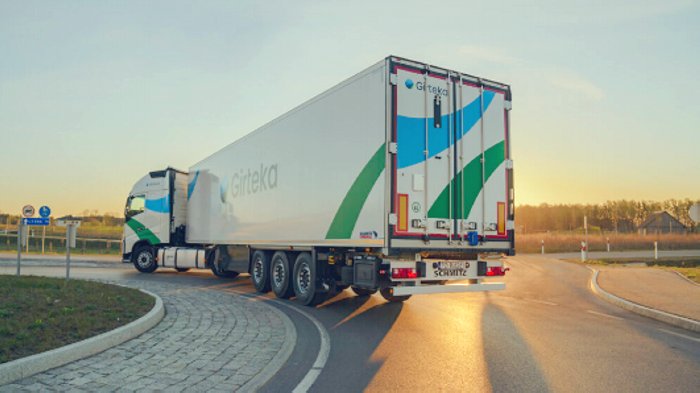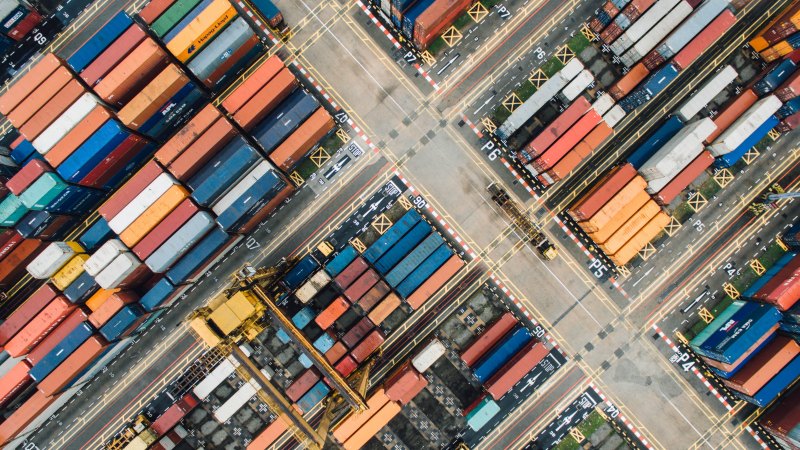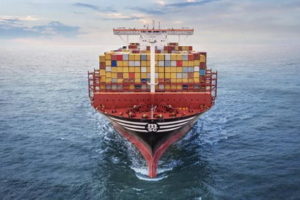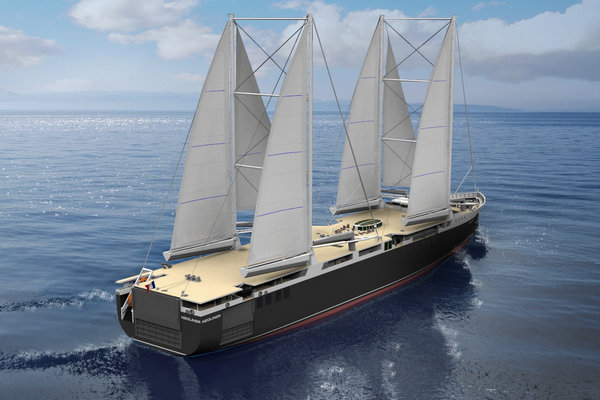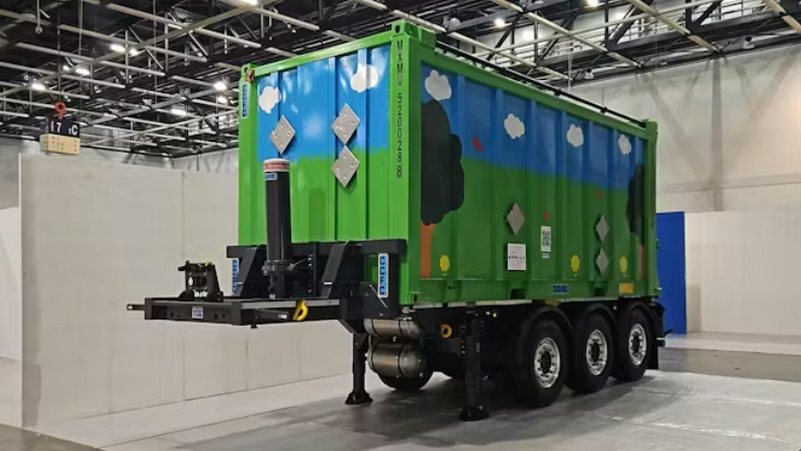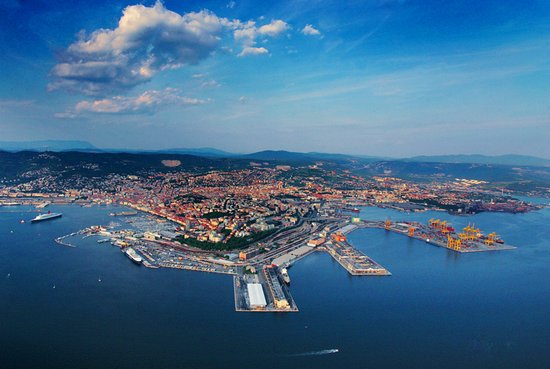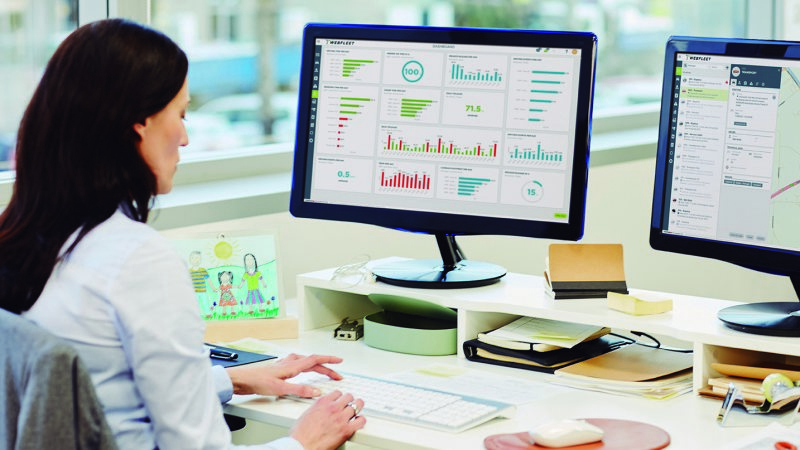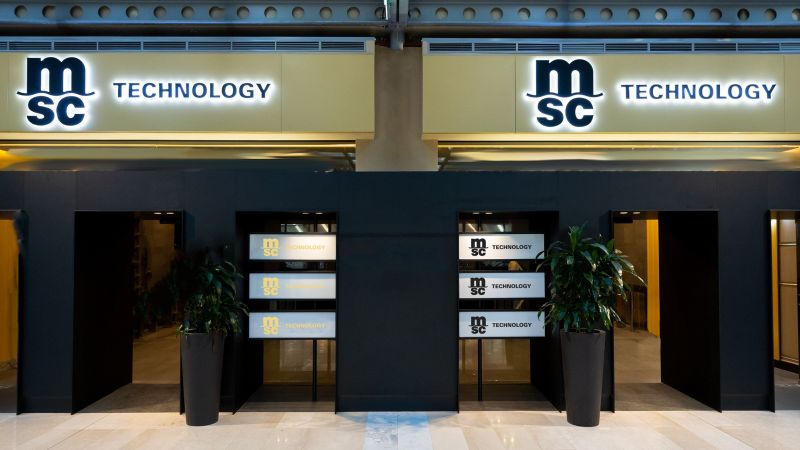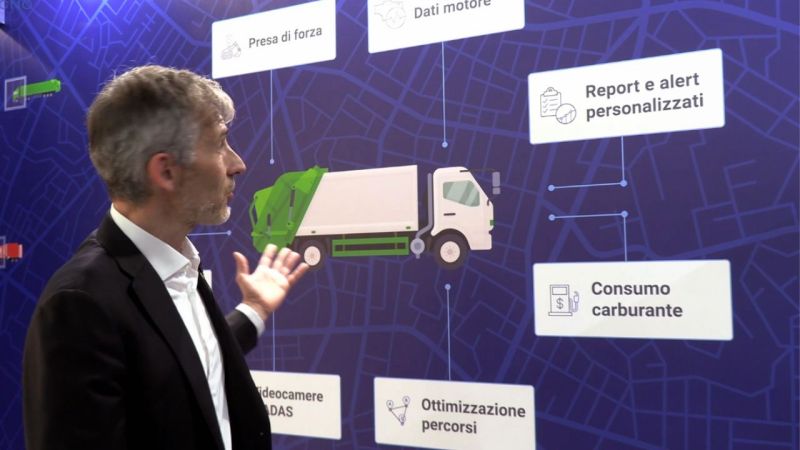The Polo Logistica of the FS Group and the Northern Central Adriatic Sea Port Authority have signed a memorandum of understanding to promote digital integration between the Port Community System of the Port Authority and the technological systems of the Group companies. The agreement was signed by Sabrina De Filippis, CEO of Mercitalia Logistics, and Daniele Rossi, President of the Port Authority.
The primary goal of this agreement is to facilitate the digital exchange of data related to key processes in railway transport services passing through the port of Ravenna. This will enable better planning and management of operations, both operational and commercial, such as loading and unloading maneuvers and the management of waybills. The integration of digital systems will significantly reduce the time required for these operations, thereby increasing the competitiveness of rail and intermodal transport.
Currently, the Polo Logistica manages significant rail traffic through Mercitalia Shunting & Terminal, in collaboration with Dinazzano Po, and the daily connections offered by Mercitalia Rail. Transitioning from traditional information management to an integrated digital system represents a crucial step in improving service quality and reducing operational costs.
The Ravenna protocol follows a similar initiative already undertaken with the Eastern Ligurian Sea Port Authority and is part of a broader digital modernization program promoted by the Logistics Hub in collaboration with various port and interport entities. The logistics company explains that this systemic vision aims to transform ports into key hubs for intermodality, replicating the digital standard in other ports equipped with a Port Community System.
“The Polo Logistica of the FS Group is carrying out important digital projects to promote and develop intermodality between rail and sea,” said Sabrina De Filippis. “The protocols we are signing with Port Authorities are a concrete example of this, allowing for faster modal shifts of goods from our ports to the national network and European rail corridors.”
Daniele Rossi added: “This protocol is part of the initiatives that the Port Authority is promoting to ensure faster and more efficient rail services. The port of Ravenna handles around nine thousand trains per year, and it is crucial to optimize this traffic to grow in terms of sustainability and competitiveness.” The agreement is part of the broader National Logistics Platform project, coordinated by the Ministry of Transport, aimed at the digitalization of logistics.





